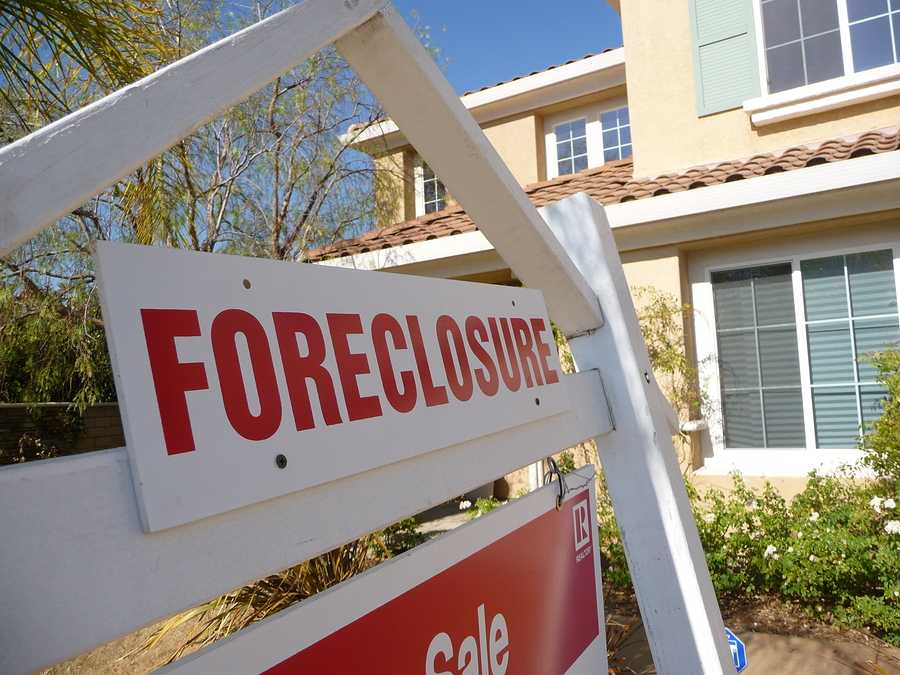Types of Foreclosure

In the United States, there are generally two kinds of foreclosure processes to consider, judicial foreclosure and non-judicial foreclosure. States typically make the rules about which type will be in play on a given property, but in some states both types are possible so it is important to understand what they are, how they work, and to know which one applies if there are issues around a property loan.
Judicial Foreclosure
Judicial foreclosure refers to a process that is managed by the state court system. A lender wanting to seize a property for default on a loan must file all paperwork through the courts. Standard state rules and regulations will apply with regard to timing, the amount of notice a borrower has to correct the default, whether it is possible to save the home in a mediation program, and more. Judicial foreclosure typically takes a little bit longer and costs a little bit more. There are usually lawyers involved on both sides, and all of the rules are fairly clear because they are set by state law and not by the lender or bank attempting to foreclose.
Non-judicial Foreclosure
Non-judicial foreclosure does not require that a lender go through the court system to gain possession of the property. In many states, non-judicial foreclosure helps mortgage companies move quickly on a defaulted loan. Things can sometimes move too fast for the borrower to catch up or even realize what is happening until they are already in foreclosure and facing the loss of their property. There are still very clear guidelines for notice and sometimes it is possible to save the home even when facing a non-judicial foreclosure. It can sometimes be a difficult process so it's very important for the borrower to understand their rights and what is at stake.
In many states, lenders have the option to choose between judicial or non-judicial. In others, there is no choice. The state sets the rules and all parties must follow them. Many states have protections in place to help home owners in high interest or "high risk" loans and others provide help for veterans facing the loss of their home. Some states also allow for what is called a deficiency judgment, allowing lenders to collect on unpaid payments even if the home has been forfeited and sold in foreclosure. Conversely, many states also have statues that allow the borrower to reclaim the home by making payments and following specific guidelines, and this is possible even after the foreclosure sale has taken place. Not everywhere, but in many states. Across the board, it is very important to know which form of foreclosure applies to the property in question and to keep in touch with a lender, even when payments are late. There are often other options to work out a remedy that will help keep the home owner in place or at least to reduce the negative actions associated with foreclosure overall.


 Your Information is Processing
Your Information is Processing